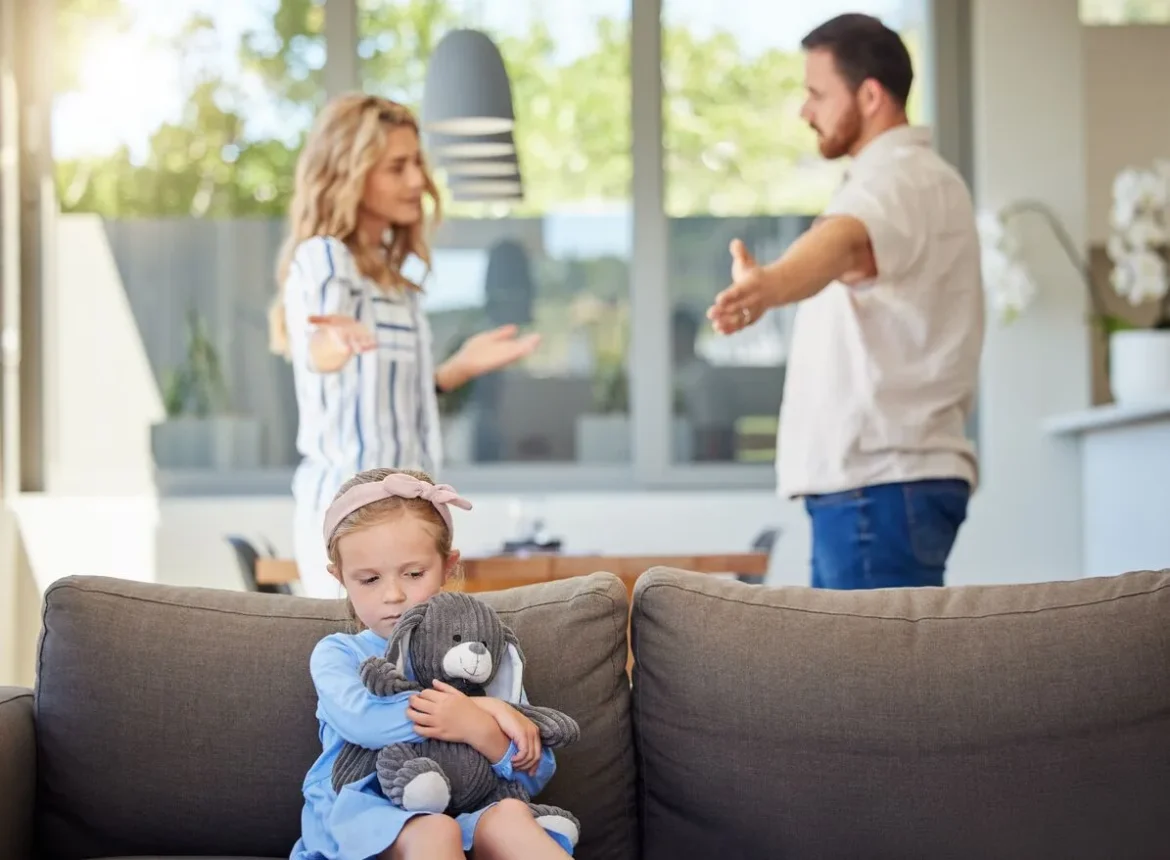A judge will decide where the couple’s children will live if the parents cannot agree after a divorce or separation. Older kids might rather live with one parent than the other. When deciding on parenting time arrangements, a judge may take the child’s wishes into account, depending on the child’s maturity.
This Eastcoast.com article describes how a child’s preferences influence Florida custody decisions. After reading this information, you should speak with a local family law lawyer if you have any questions.
Overview of Custody Decisions in Florida
The judge will decide for divorcing parents who are unable to agree on how to divide parenting duties and visitation time. The court will create a parenting plan, including a time-sharing schedule, based on what is best for the kid after hearing testimony from both parents during a custody trial. A judge will determine parental responsibility and parenting time as part of the parenting plan.
Parenting Time
The term “time-sharing” or “parenting time” describes how much time each parent spends with their child. This is referred regarded as “physical custody” in some places. In Florida, a court will decide on a time-sharing child custody schedule. Time sharing between parents can be about equal; this is commonly referred to as “joint custody.”
Equal time-sharing may not be feasible in situations where the parents live far apart, and a judge may grant one parent significantly more time with the child—a situation known as “sole custody” or “majority time-sharing.”
If there is proof of marital violence, child abuse, or neglect, a parent may lose their right to share time with their children. (2020) See Fla. Stat. Section 61.125. Even in cases where parents have equal parenting time, a judge will name one of them the “custodial parent.” These parents are referred to as the “noncustodial parent.”
Parental Responsibility
“Parental responsibility” refers to the power a parent has to make choices for their child. Important choices about the welfare, education, or health of the kid can be made by the parent who has legal possession.
In order to provide parents equal control over a kid’s upbringing, judges frequently favor giving both parents legal possession of the child. The custodial parent will have the last word in choices about the kid when the parents can agree.
The Child’s Best Interests in Florida
Decisions regarding time-sharing and parental responsibility are centered on the best interests of the child. The primary objective of any custody proceeding is to establish a parenting arrangement that best meets the child’s needs.
When determining custody, the judge will evaluate a variety of factors, including:
- Each parent’s willingness to encourage and support a relationship between the child and the other parent.
- Each parent’s ability to address the child’s physical, emotional, and developmental needs.
- The physical and mental health of each parent.
- The moral fitness of each parent.
- Each parent’s capacity to provide the child with a stable and consistent routine.
- The practicality of the proposed parenting plan, particularly the feasibility of travel required to adhere to the time-sharing schedule.
- The child’s existing ties to their home, school, and community.
- The child’s preference, if they are of sufficient age, maturity, and understanding to express a reasoned opinion.
- Any evidence of domestic violence, if applicable.
- Each parent’s ability to offer a safe and stable environment for the child.
- The child’s developmental stage, needs, and abilities.
- Any other relevant factors as outlined in Stat. § 61.13(3) (2020).
Unlike some states, Florida custody laws specifically require judges to assess a parent’s moral fitness in custody cases. “Moral fitness” refers to circumstances that could influence a child’s moral and ethical development, such as a parent’s substance abuse, involvement in illegal activities, or patterns of casual relationships with multiple partners.
However, a judge will only consider a parent’s extramarital relationship in custody decisions if the behavior has had a significant adverse effect on the child.
Child’s Opinion in a Florida State Custody Decision
In Florida, a child’s ability to choose which parent to live with depends largely on their level of maturity. Unlike some other states, Florida does not set a specific age at which a child’s preference must be taken into account. Instead, the court will assess whether:
- The child has the intelligence to make a well-reasoned decision.
- The child fully understands the implications of their choice.
- The child has sufficient experience with both parents to make an informed decision.
Florida law does not specify a minimum age for when a child’s opinion must be considered. However, in one case, a judge ruled that a 10-year-old was generally too young to make a sound judgment. In contrast, another case saw the court view an 11-year-old as highly intelligent and articulate, making their preference more influential. Ultimately, the weight given to a child’s choice depends on the unique circumstances of each case.
While a judge may take a child’s preference into account, the final custody decision is not solely based on the child’s wishes. Instead, the court considers the child’s opinion alongside other relevant custody factors.
Additionally, the court must determine whether the child’s choice is genuinely independent or influenced by other factors, such as rebellion against the custodial parent or undue pressure from one parent. Florida judges are particularly cautious about situations where a parent may be coaching the child to favor them.
Each child’s custody decision is handled individually. For instance, a judge cannot automatically award custody of a younger sibling to a father just because older siblings prefer living with him.
One Florida case highlighted this principle when a son wanted to live with his father, and evidence showed the mother was often absent and uninvolved in his activities. However, since the daughter had a close bond with her mother and preferred staying with her, the court ruled that the siblings should not automatically be placed together.
When Can Children Speak for Themselves in Court?
In Florida, a child cannot be coerced into testifying as a witness by their parents or legal representatives. Even though a child’s perspective is important when making a custody decision, courts take pains to keep young children out of family law disputes.
A youngster can only testify in court if it is required of them or if there is an emergency. A judge may, nevertheless, take into account a child’s testimony in certain circumstances outside of court.
The child may be interviewed by a licensed mental health professional or another expert appointed by the judge, who may then testify in court regarding the child’s wishes.
A custody evaluator who can testify in court or a guardian ad litem—a person appointed by the court to represent a kid’s best interests—may occasionally also be consulted by the youngster.
As an alternative, the judge may have a direct conversation with a youngster in his or her chambers, away from the parents. In order for the judge to make a custody judgment based on the child’s testimony, a court reporter must be present to record the child’s words.
Seek assistance from a Florida family law attorney if you have any more inquiries concerning the custodial preferences of children in custody procedures.






